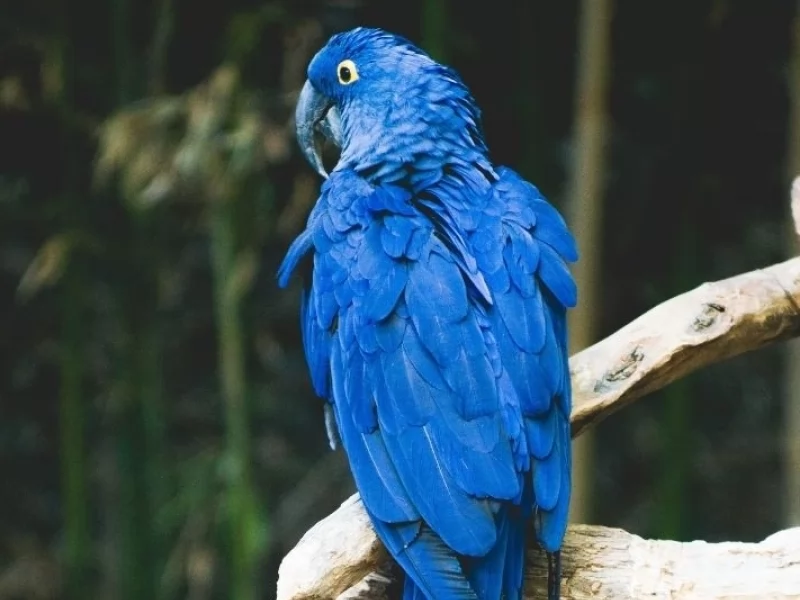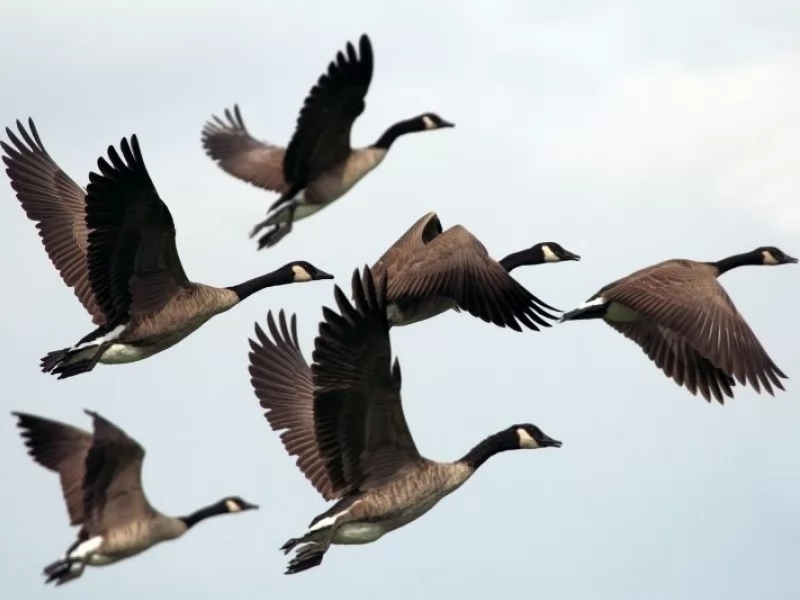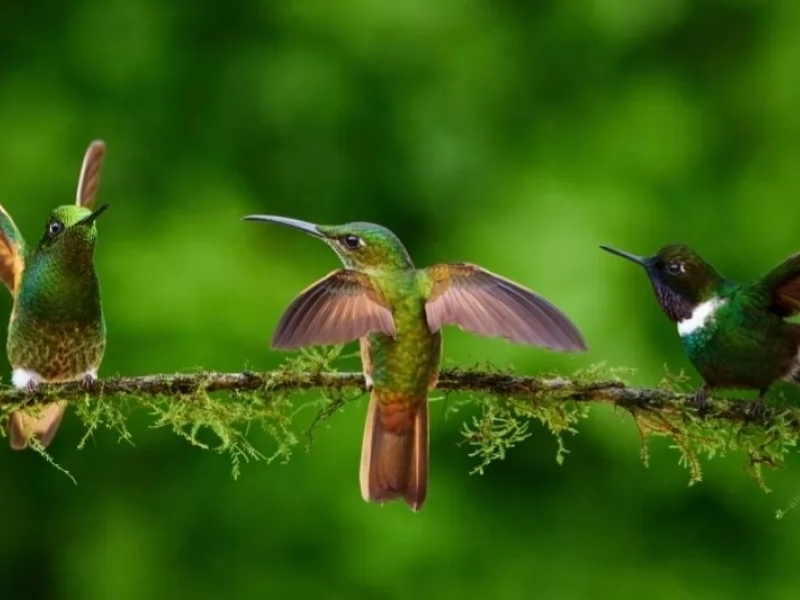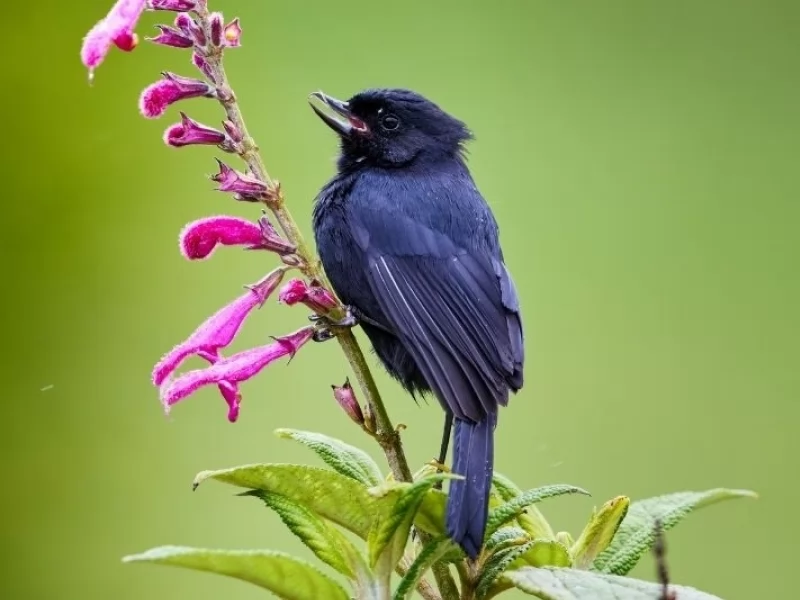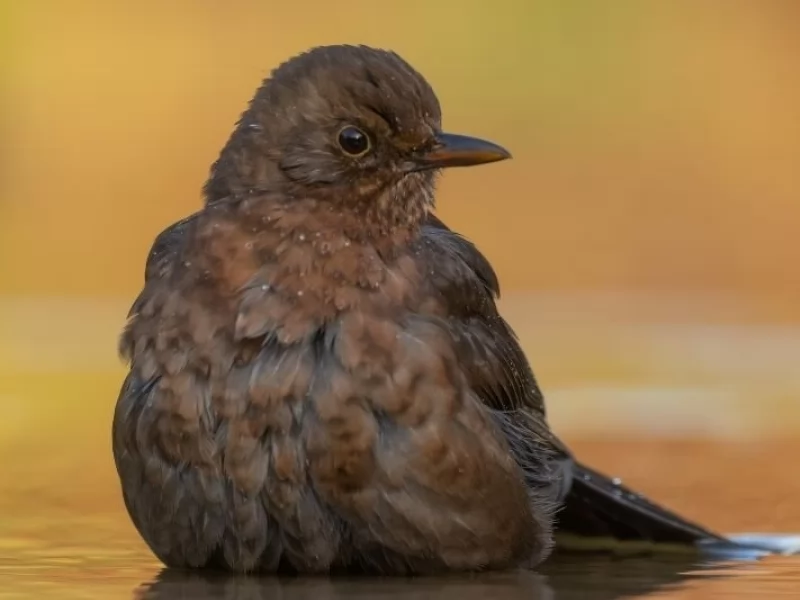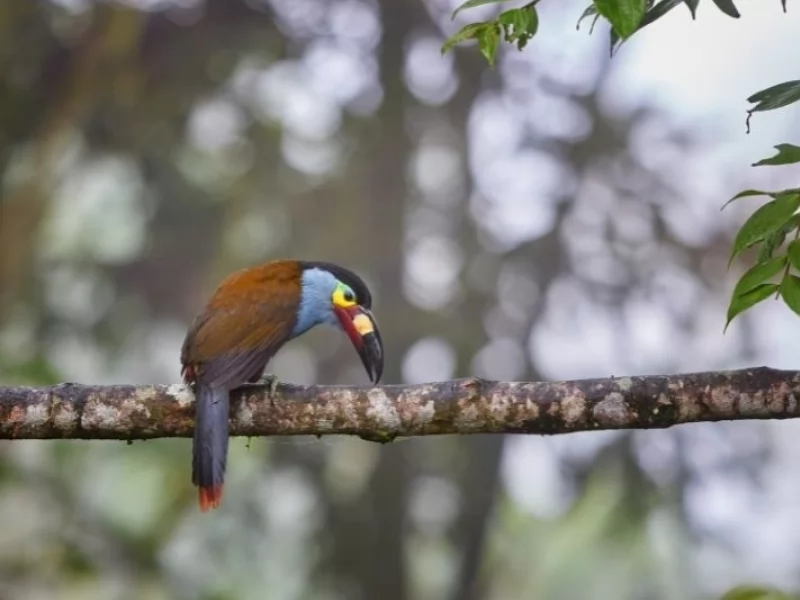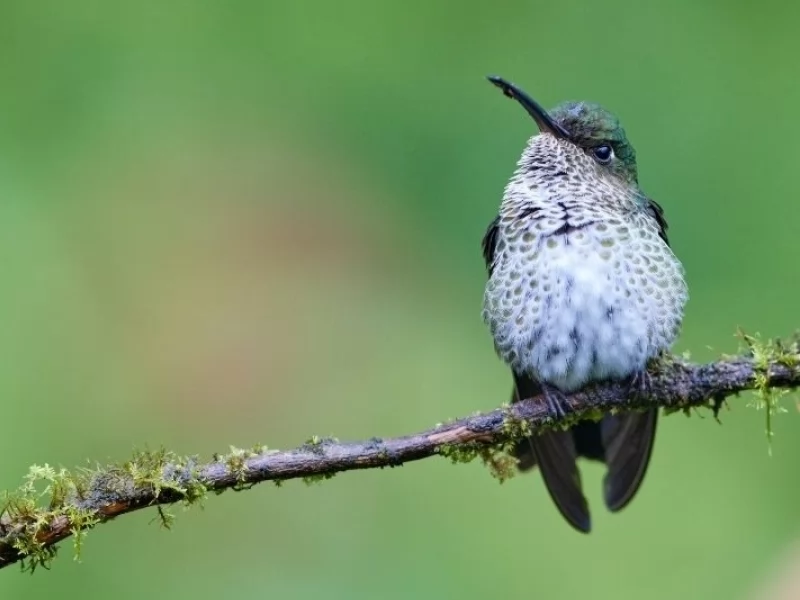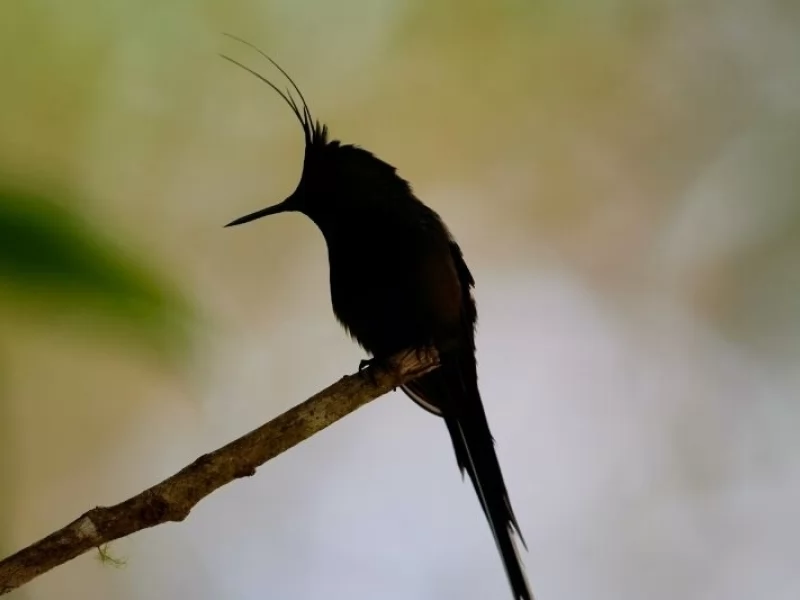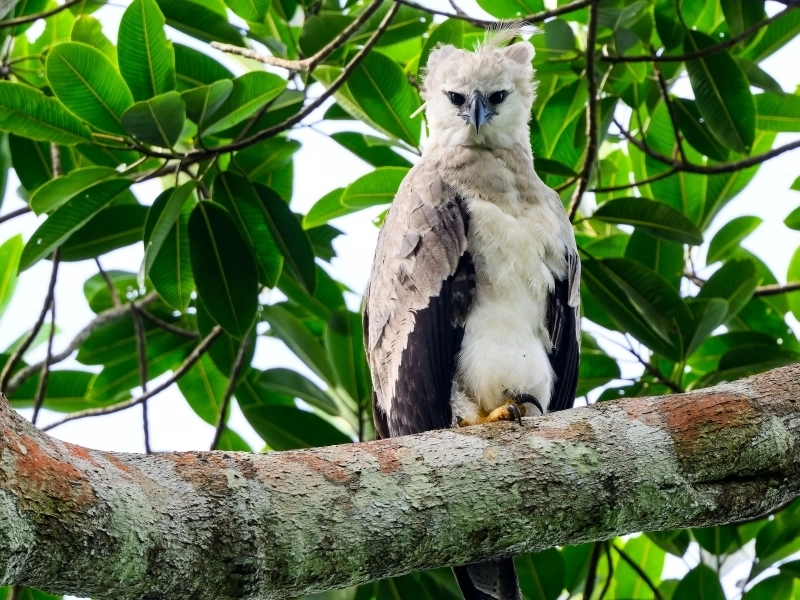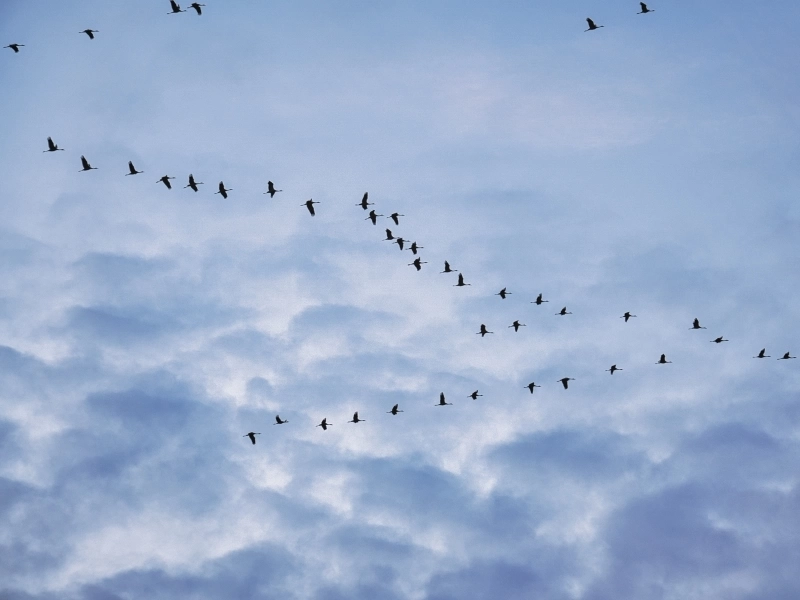News and Testimonials
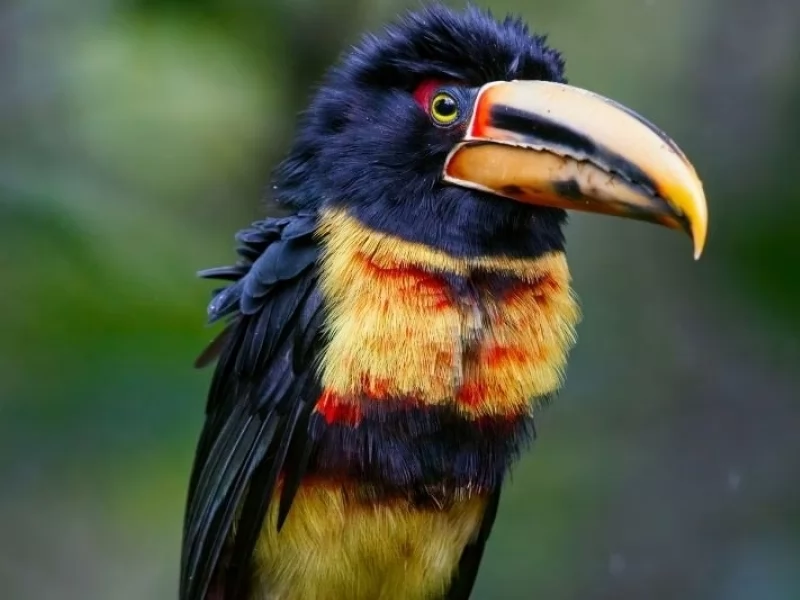
For birders, saving birds is job #1
Recent revelations regarding catastrophic bird declines have left many birders feeling despondent and hopeless. While large-scale initiatives will be needed to address the challenge, here are a few things that you as an individual can do to stem the tide in favor of a rich and diverse environment.
The 800-pound gorilla in the room is, of course, climate change and the havoc it will wreak on tundra, prairie pothole, and coastal breeding species. My first suggestion is to make your next car an electric-powered vehicle or a hybrid. Until then, make one day a week “earth day,” a day you do not put your gasoline- or diesel-powered car on the road. Organize carpools to reach the region’s newest mega-rarity (i.e., don’t just hop in your car and drive alone). When buying clothing and durable goods, choose products that will last to reduce the overall energetic cost of production. Once-and-done apparel is hard on the environment, after all.
If you’re building a home, arrange plate-glass windows to lie parallel to, not perpendicular to, migratory flight paths. Bury utility lines to keep from seining birds out of the sky. Surround your home with native vegetation. During migration, all habitat becomes critical habitat. Place bird feeders well away from picture windows or patio doors. Bird-hunting hawks soon learn to drive birds into these barriers, killing many on impact.
Use insecticides sparingly and judiciously. Know what you are applying, and know what it does. Do not mindlessly embrace the rubric that the stuff is “harmless to birds and mammals.” Adhere to the manufacturer’s guidelines. Rodenticides that rely upon second-generation anti-coagulants are lethal to hawks and owls that ingest stricken rodents. While the EPA has banned many of these products, they may have a long shelf life in smaller stores. Don’t just assume that a product’s presence in your neighborhood hardware store renders the substance safe. Read the label and go online to ascertain whether it contains banned compounds.
Keep your cats and small bird-killing spaniels indoors or leashed. Small bird-killing felines are not native to most of North America, so birds have developed no instinctive defense against them. Do not think for a moment that your pampered bell-wearing tabby, if free to roam, will not kill birds. It can and will. Also, do not feed feral cats. You would exacerbate the feral cat problem by supporting a non-native population of bird killers that breed and make more of themselves.
When driving, be particularly attentive at dawn and dusk when birds are transiting between roosting and feeding areas. When you see a “deer crossing” sign, slow down. They’re often placed along narrow vegetative corridors that are also used by birds. While hitting a Northern Saw-whet Owl or Hermit Thrush may not put your car in the shop, it would still result in the needless death of a key member of the forest community.
Never throw unwanted food out of car windows. Discarded food attracts rodents that attract hunting hawks and owls that are then struck by vehicles.
Habitat loss is the greatest threat to birds. Support local initiatives to maintain open space, and support politicians who make the environment their priority. This includes elected officials who are committed to fully funded state and local agencies that monitor and maintain our natural dowry, your earthly birthright.
Be respectful of people engaged in other outdoor pursuits. These are your allies in the battle to maintain open space.
If you fish: Recycle your discarded monofilament line to keep birds (and other animals) from becoming entangled. (Learn more at mrrp.myfwc.com.)
Buy Duck Stamps. Whether you hunt or not, Duck Stamps are every citizen’s most direct avenue toward habitat protection. For every dollar spent on Federal Duck Stamps, 98 cents goes directly to purchase habitat or acquire conservation easements for protection in the National Wildlife Refuge System.
If your municipality has a sewage treatment facility, lobby to make it bird- and birder-friendly. Join a local bird club to learn about local initiatives and challenges. Take local officials afield and show them the special nature of your region.
“Environment” is an abstraction, but the morning a local official is treated to a woodlot buzzing with migrants, it becomes a touchstone. Note: Politicians are most receptive to meeting constituents as elections draw near. Promise a crowd will be on hand and the opportunity for your local official to stump, i.e. tout their environmental legislative accomplishments.
Your fascination with birds makes you a birding ambassador. Take your friends, co-workers, and neighbors afield and share your knowledge. The environment can use all the support we can muster.
Children grow up to become voters, so support organizations and school programs that foster environmental awareness.
If you are a parent or grandparent, forgo this year’s hottest toy. Or if your colleague is retiring, forget the watch.When it’s time to give gifts, pick binoculars and a field guide. They’re the tools of engagement that will permit your child, grandchild, or friend the latitude to forge their own special bond with the natural world.
If you have the means, take loved ones on a birding tour to hummingbird-rich southeastern Arizona or egret-infested southern Florida or the Rio Grande Valley of Texas. I mean Green Jays, OMG! Throw in a subscription to this publication.
On behalf of the birds, thanks for all you do.
This article was published in the “Birder at Large” column in the March/April 2022 issue of BirdWatching magazine.
Source: https://www.birdwatchingdaily.com/news/birdwatching/for-birders-saving-birds-is-job-1/

